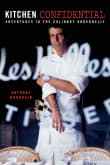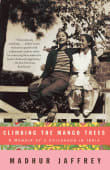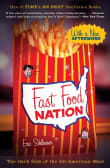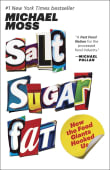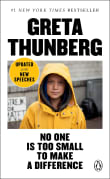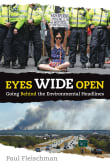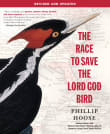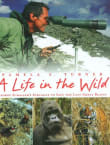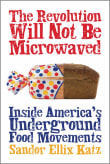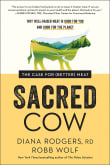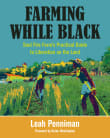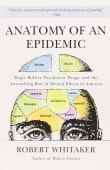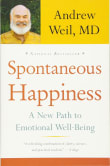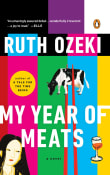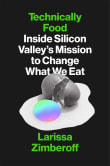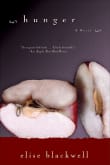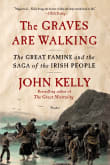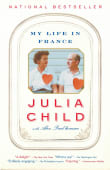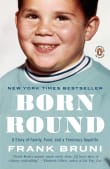The Omnivore's Dilemma
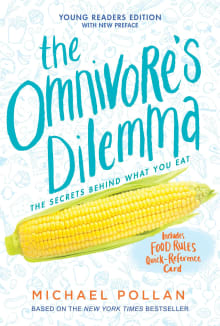
Book description
The New York Times bestseller that's changing America's diet is now perfect for younger readers
"What's for dinner?" seemed like a simple question-until journalist and supermarket detective Michael Pollan delved behind the scenes. From fast food and big organic to small farms and old-fashioned hunting and gathering, this young readers'…
Why read it?
6 authors picked The Omnivore's Dilemma as one of their favorite books. Why do they recommend it?

What should we eat, and how do we choose? Where does our food come from?
In Omnivore’s Dilemma, Michael Pollan traces the origins of four meals to help answer this question. Each of these meals represents a food production system, big organic, industrial agriculture, for example. He takes us from a McDonald’s meal (hint: it’s corn) to a hunt.
In reading this book, I especially loved his investigative journalism, how he explored the environmental, social, and economic ramifications of each food and its system of production.
From A. Whitney's list on the industrialization of and fight for the future of food.

“What should we have for dinner?” is the premise of the fascinating and engaging book that shot Michael Pollan to fame and celebrity. In each of the book’s sections, Pollan follows from source to final product the workings of the three primary food chains—industrial (via corn); pastoral (poultry and meat); and foraged (hunting/gathering)—and in the process, comes to a new and personal understanding of how we as a culture eat and how we should be eating. One often hears about books that “changed my life,” but in this case, that is actually the truth: by making me truly aware of…
From Leslie's list on food memoirs about transformative personal journeys.

I don’t think my book would exist without Michael Pollan’s work. It’s the book that got me thinking about these issues in detail, and the one that I return to often. In fact, as I went further down the GMO rabbit hole, my respect for this book only grew. So much literature and media on this topic are hyperbolic. Pollan is a lot more balanced and thoughtful than the rest of the conversation.
From Tyler's list on the science of food.
If you love The Omnivore's Dilemma...

Like me, you will love this book for many reasons. It was one of the first to raise everyone’s consciousness about the richness of the meaning of food. What we choose to eat has implications for our own health (of course), but also for society and for the environment. You may not agree with all the book’s conclusions, but it provides such a wake-up call to all of us to look at what Pollan calls ‘America’s national eating disorder.’ And….to understand that just a few companies control the majority of what we consume! This is a book that will never…
From Bonnie's list on improving your brain health.

If you've been paying attention to local food to
any degree in the current century, there's a good chance you've at least heard
of Michael Pollan. The Omnivore's Dilemma is my favorite of his books because
it breaks down ethical eating into a more digestible and personal story while
inviting us to ponder our own eating habits. It's a highly relatable and inspiring
read!
From Hannah's list on food sovereignty.

In this book, Pollan plays food detective, investigating how four different meals come together: fast food from McDonald's; "big organic" fare from Whole Foods Market; a home-grown meal from a small, sustainable farm; and a dinner that he hunts and gathers himself. This engaging book helps you piece together the fascinating (and sometimes alarming) origin of what's on your plate and empowers you to take charge of your food choices.
From Rebecca's list on for teens who care about the environment.
If you love The Omnivore's Dilemma...
Want books like The Omnivore's Dilemma?
Our community of 12,000+ authors has personally recommended 100 books like The Omnivore's Dilemma.


